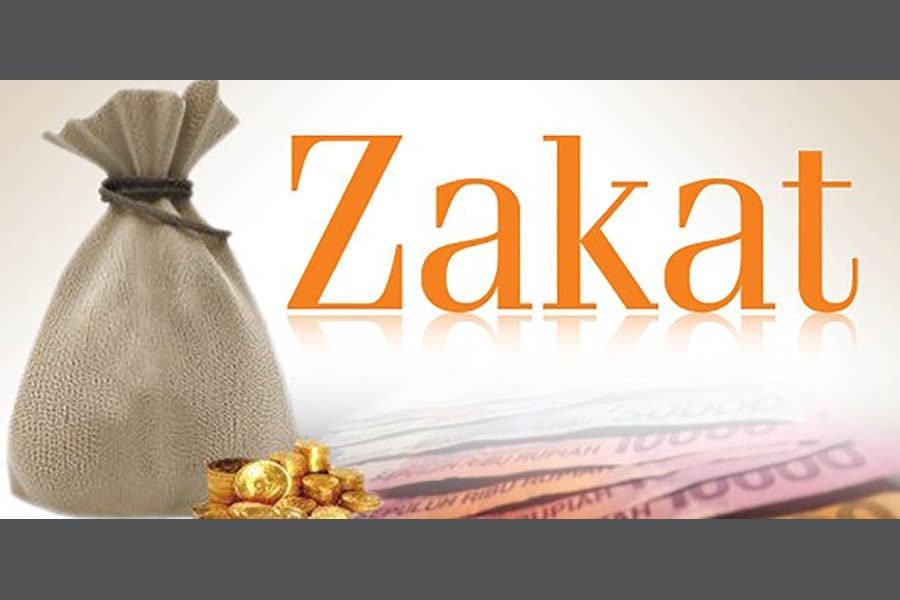
Published :
Updated :

When renowned cricket writer John Woodcock described the probability quotient of India beating the West Indies in the final of the World Cup cricket years ago he used the words along the lines of 'the probability of ninety-nine monkeys seated at typewriters trying to write Shakespeare's Hamlet was as unlikely as India beating the West Indies'. But we all know it happened. Perhaps that's why no Finance Minister, least of the likes of Abul Maal Abdul Muhith has ever tried to figure out why people don't pay taxes but go to extreme length to pay the Muslim social tax-Zakat.
The fact of the matter is that religious belief and the fear of the hereafter bears on the senses that this is a sensible thing to do. There are no questions about how the money is spent and no chance of it being misappropriated in any way. That is, of course, not taking into account the government's Zakat Fund that never seems to be accounted for.
But if that premise, that the Zakat Fund is properly utilised as laid down by Islam is to hold good another premise demands just as much. The billions of taka donated as Zakat is actually in a way supporting the government's attempts to root out poverty and inequality from society. If 25 per cent of the population pay Zakat on Tk 5,0000 the same is a cool Tk 5.0 billion. That's a nice chunk of change that sneaks into the informal economy and creates spill-on business effect.
If one adds the daily change of money ownership in donation and alms the numbers become more serious. The other day, this scribe noted that in the space of an hour one odds and bobs shop handed out Tk 10 to five outstretched palms (we cannot call them beggars because according to Mr. Muhith they don't exist). The shop owner shrugged off the possibility of all of these as not being deserving of charity. And that was just one shop in a series of fifty-odd lining the streets, most probably breaking the laws of commercial establishments in residential areas. That more graft is involved is a natural given, for these were some of the ones bulldozed in a show of zero tolerance against law breakers.
In a way, Zakat as is generally followed doesn't meet the prescribed rules. As long as they are poor, the recipient qualify replacing the embarrassing concept of family and friends that are just as deserving but who can never quite stretch out a palm. Zakat is also supposed to create sustainability in the form of a home, business or marriage, among others, but the safer bet of Islamic orphanages where not everyone is an orphan or organisations such as Anjuman Mufidul Islam that has to be one of the most sterling examples of true Islamic philanthropy, are usually more popular.
Perhaps the government can learn from the private sector how such funds can be administered without any allegations of graft, pilferage or wastage. A one per cent reduction in each of the three areas can contribute to less imposition of what can be daft ideas of taxation.


 For all latest news, follow The Financial Express Google News channel.
For all latest news, follow The Financial Express Google News channel.